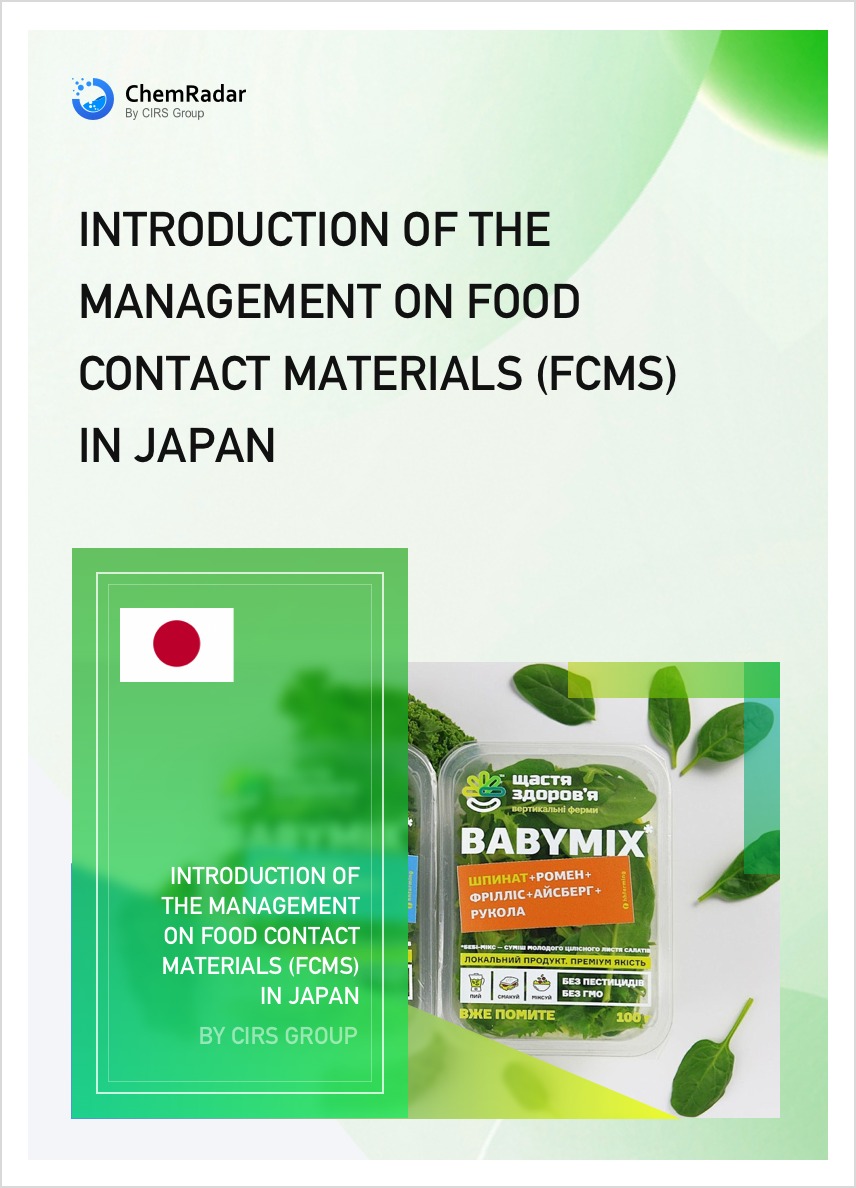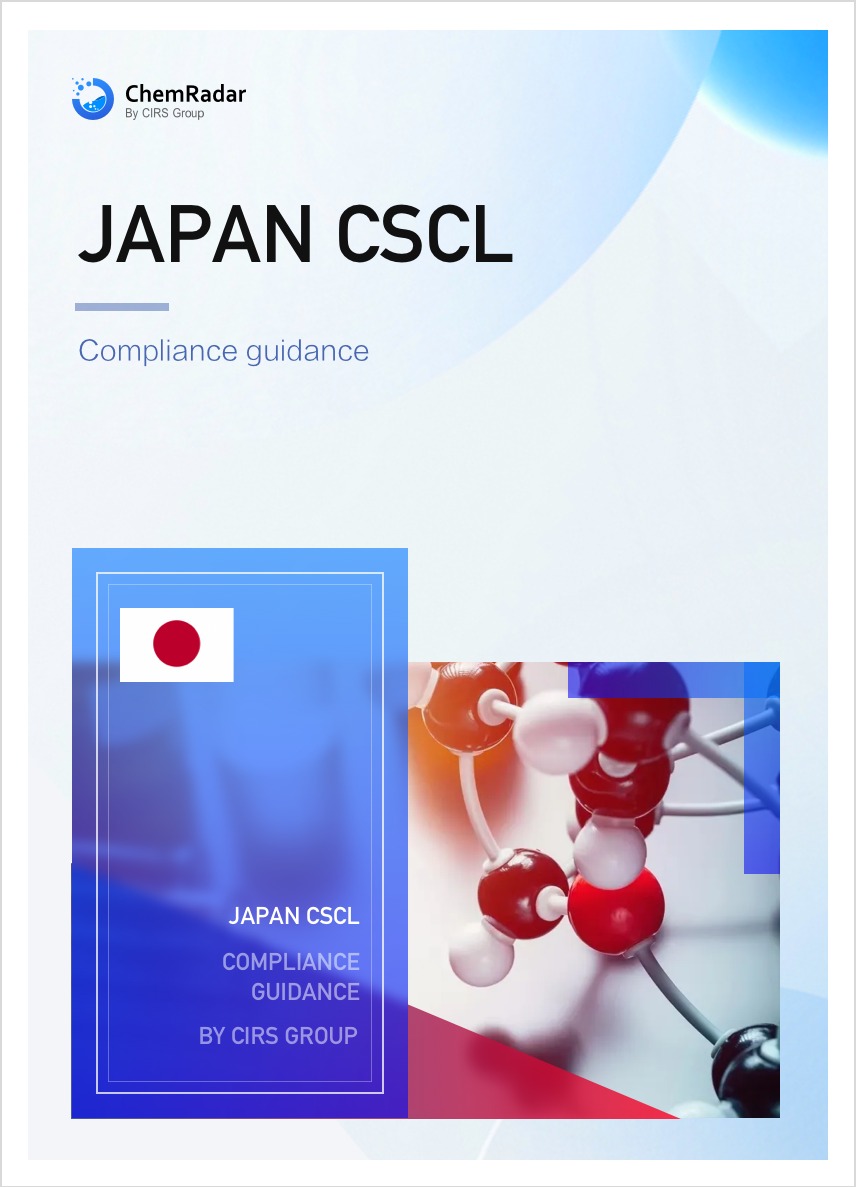On October 6, 2025, Japan's Ministry of Health, Labour and Welfare, Ministry of Economy, Trade and Industry, and Ministry of the Environment jointly issued a Notice Regarding the Revision of Handling Procedures for Chemical Substances Containing Class I Specified Chemical Substances as Impurities. This notice introduces new requirements for the management and information transmission of relevant chemical substances.
This revision adjusts the handling regulations for Class I Specified Chemical Substances present as impurities, based on evaluations under the Chemical Substances Control Law (CSCL) and discussions from councils concerning the future direction of chemical substance measures, including considerations for a Circular Economy response considering the entire lifecycle.
The details are as follows:
Information Disclosure Requirements
According to the revision, if a Class I Specified Chemical Substance is present as an impurity in a by-product or non-by-product and is managed using Best Available Techniques (BAT), it may not be treated as a Class I Specified Chemical Substance controlled under the CSCL. However, given the characteristics of these substances, such as persistence, high bioaccumulation potential, and toxicity, attention to potential risks throughout their lifecycle (including manufacture, transport, use, and waste disposal) remains necessary to prevent environmental pollution or violation of other regulations.
Therefore, businesses are required to enhance the management and information transmission of relevant chemical substances, record the implementation of these measures, and ensure that the content of Class I Specified Chemical Substances present as impurities is documented in Safety Data Sheets (SDS) upon shipment, providing accurate information to downstream users.
Regarding the Establishment of Standard Values
- Management of Plastic Recycled Materials
Recycled materials produced from waste plastics may contain Class I Specified Chemical Substances as impurities. Therefore, confirming the content of these substances during their manufacture and import and implementing appropriate management is crucial. If international management values have been established for such a substance, Japan will adopt the corresponding upper limit value for management. Businesses must ensure that the content of the relevant substance in their products does not exceed the specified upper limit and submit a notification document to the three ministries; they may then proceed with manufacture or import. Concurrently, businesses should continuously strive to reduce impurity content and describe the relevant measures in their notifications to the three ministries.
Furthermore, substances for which no standard value has been set must be managed as conventional Class I Specified Chemical Substances, fulfilling the associated BAT reporting obligations.
- Handling of By-product Chemical Substances
For by-product Class I Specified Chemical Substances, such as Hexachlorobenzene (HCB), Polychlorinated Biphenyls (PCB), and Short-Chain Chlorinated Paraffins (SCCP), if international management upper limit values already exist, businesses can manage them according to those standards without needing to report the rationale for setting their own voluntary management limits. However, they must still describe measures for further reducing the content in the documents submitted to the three ministries.
Further Information



